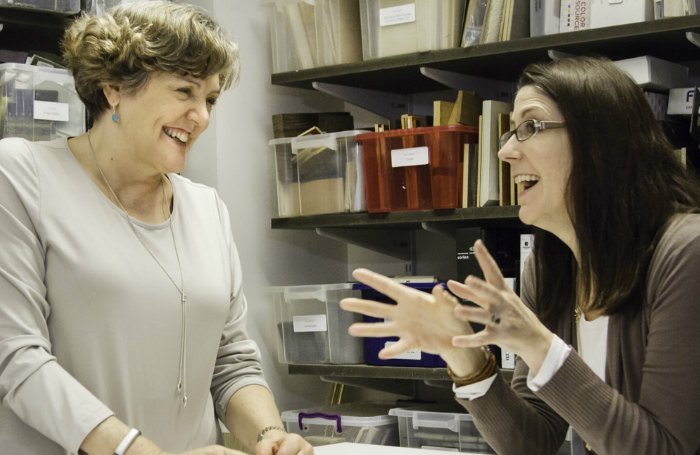Every practice should have a business development strategy, and there are many tips of the trade that the experts rely on to deliver results.

This year’s Smart Practice conference highlights how a proactive approach to seeking out business opportunities can reap benefits for individuals and their practices.
Here, Sarah Park of communication consultants for the built environment Holistic Group and speaker at the conference gives architects a practical primer on identifying and landing new clients.
Winning clients: where to start
Architects should start by looking at their business plan and identifying their goals. What type of work do they need to attract, what type of clients and projects, what sectors and project values?
The more specific the goals, the stronger the business development platform will be.
A positive mindset is also important. While many architects have never felt it was their role to engage in business development, it is now a vital part of a company’s growth. It is not about going cap-in-hand looking for work, it’s about maintaining a competitive edge in the market and should be viewed as such – with positivity.
Reaching out to potential clients
Once you have identified what you want to achieve, your business development goals and prospects should be tiered: short and medium-term wins that bring in fee income and potential follow-on work; more significant prospects that could be regarded as ‘game changers’ for the company.
Start with mutual contacts: who do you know that knows the person in the company you want to target? Stakeholder mapping is a great way to do this, as is LinkedIn.
Ask your mutual contacts to arrange an introduction or to invite you to a function your target may be attending. Referrals are a great endorsement, so using mutual contacts can be a really effective way of engaging a prospect.
Explore mutual interests: the property industry has many groups dedicated to sports/sailing charities, so find out if your prospect is part of one of these groups and become a member – but do have a genuine interest in the group, this is about building a relationship, not stalking.
There are dozens of networking events on the annual property calendar and the majority issue delegate lists before the event. Find out if your prospect is attending any and contact them beforehand to request a meeting.
Hold your own event: look at what the industry is talking about and facilitate a topical dinner or breakfast event with existing clients, employees and targeted prospects to engage debate and conversation.
Then there is the direct, or ’cold’ approach: make contact with the prospect in mind and request a meeting. Getting this type of communication is crucial. Don’t sell your services when you approach them, instead refer to mutual interests within the industry and request a discussion.
Making better use of the project architect
Do not overlook the project architect. A project architect can play a significant role in retaining clients and driving new business because he or she is at the coalface, working directly with clients and project managers, the people who can make recommendations and choose to use you again, or not.
Project architects build relationships with the project team. The expertise they demonstrate to the client, and how they manage these relationships, can deliver repeat work.
Relationships with other consultants and especially the project manager is of utmost importance, as many new opportunities can come from them.
Networking: top tips on making it work
Networking is not just about turning up, it’s an opportunity to be exploited to the full, so be prepared before the event.
A networking event will usually issue a delegate list pre-event. Study it, identify the targets you want to talk to and know what they and their company are up to so you can engage in effective conversation. Where possible, drop them a LinkedIn request before the event and arrange to meet.
And network with a colleague; it is easier to attract people to your conversation when there are two of you.
Don’t sell. A hard sell won’t be engaging and won’t lay a foundation for strong relationships. Ask questions and be interested. The point about networking is to start a relationship, not immediately win work
Sarah Park will be delivering an interactive session on business development for architects at the Smart Practice Conference 2017: New Opportunities, which takes place on 3 October 2017 at M Shed, Princes Wharf, Bristol.
Thanks to Sarah Park, associate director, Holistic Group.
Text by Neal Morris. This is a ‘Practice News’ post edited by the RIBA Practice team. The team would like to hear your feedback and ideas for Practice News: practice@riba.org









